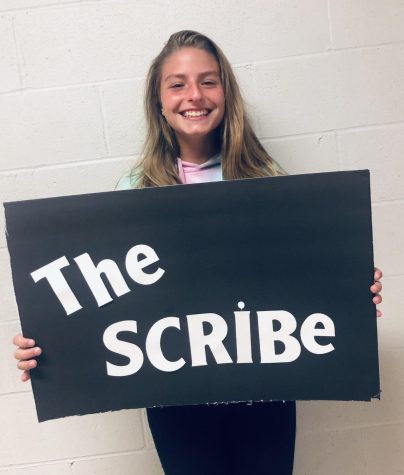Advisory
September 17, 2019
Westerville South students and staff have mixed emotions regarding the surprise addition of an advisory period for the 2020 school year.
However, there is no question as to why advisory is needed. In June 2019, the Ohio Department of Education [ODE] recognized a need for social emotional learning among students in Ohio, which led them to create new SEL standards.
“…basically, the state came up with a set of SEL [social emotional learning] standards that they want districts to start teaching… so then, we decided that to meet those standards and remain compliant with the State Department of Education, we were going to develop the advisory period,” English teacher Emily Swank said.
“Social emotional learning is our ability to regulate under stress, handle feelings of anxiety, and be able to kind of just navigate the wild hallways of not just high school but life,” Swank explained.
Despite the state’s intentions, not all South students agree that advisory will help. “They’re basically just teaching us how to be people… a class is not going to teach you how to be a good person if you’re already a bad person. It’s not going to change anything,” freshman Mykelti Dickson said.
Other students believe that advisory could be beneficial in time. “I think we need to wait longer to see if it becomes beneficial; but as of right now, it’s just taking away from our academic time,” junior Faith Rogers said.
“I think [advisory] can be beneficial,especially for the freshman, because high school students, or at least what I’ve seen, we kind of complain about how school doesn’t teach us life lessons or isn’t there for us emotionally, so advisory could help with our emotions more,” said Mya Weaver, senior.
Staff seems to be more hopeful in regard to the advisory learning curriculum. “I feel like it has a lot of potential. We’re going through some growing pains trying to figure it out, everybody’s learning… but I think it’ll be really good for South,” English teacher Jennifer Baker said.
Advisory period is on Mondays; it requires a deduction of four minutes in daily classes. “You feel like your class isn’t quite done yet, but I also have to memorize a second bell schedule, which is weird,” sophomore Kayla Arens stated.
History Teacher Tim Smith is concerned that some students might struggle initially with having a different bell schedule on Mondays, “It gets ingrained into you. The teachers should be able to deal with that pretty well. But kids, teenagers I should say, especially the younger ones, as soon as you change the bell schedule they get weird,” Smith said.
The purpose of advisory has brought on both short and long term goals for South students. “Students benefit when teachers feel respected; teachers benefit when students feel respected. Communication is better, more learning, less conflict… short term goals are just gaining extra skills and long term is really integrating cultural standards in South, so that we are creating a safe learning environment for everyone that is socially and emotionally supportive as well as academically,” School Social Worker, Noelle Spriesterbach stated.
Spriestersbach believes that by teaching SEL skills, there will be an overall better environment for students and teachers.
“Neurosequential Model of therapy and Education [NME], it’s essentially teaching the brain to get to a stage where it can learn better and retain information…”, Spriesterbach added NME is another topic that South will implement into the advisory plan along with the five ODE standards.
The curriculum aspect of advisory is based on ODE standards, although the idea of an added advisory period came from Westerville North. Some of ODE’s standards include: self-awareness, self-management, social awareness, relationship skills, and decision making.
ODE wants to teach children how to identify their complex emotions, avoid conflict, and develop critical decision making skills that will help in high school and beyond.





